EDITO Newsletter
ISSUE II | May 2024


In this issue:
Read about EDITO’s involvement at the UN Ocean Decade Conference and learn about upcoming events providing rich opportunities for engaging, learning, and collaborating within the EDITO ecosystem. We encourage all stakeholders interested in marine data, digital innovation, and sustainable ocean governance to participate and discover how EDITO is supporting knowledge-based solutions for a sustainable ocean future. Join us and contribute to shaping the European Digital Twin of the Ocean!

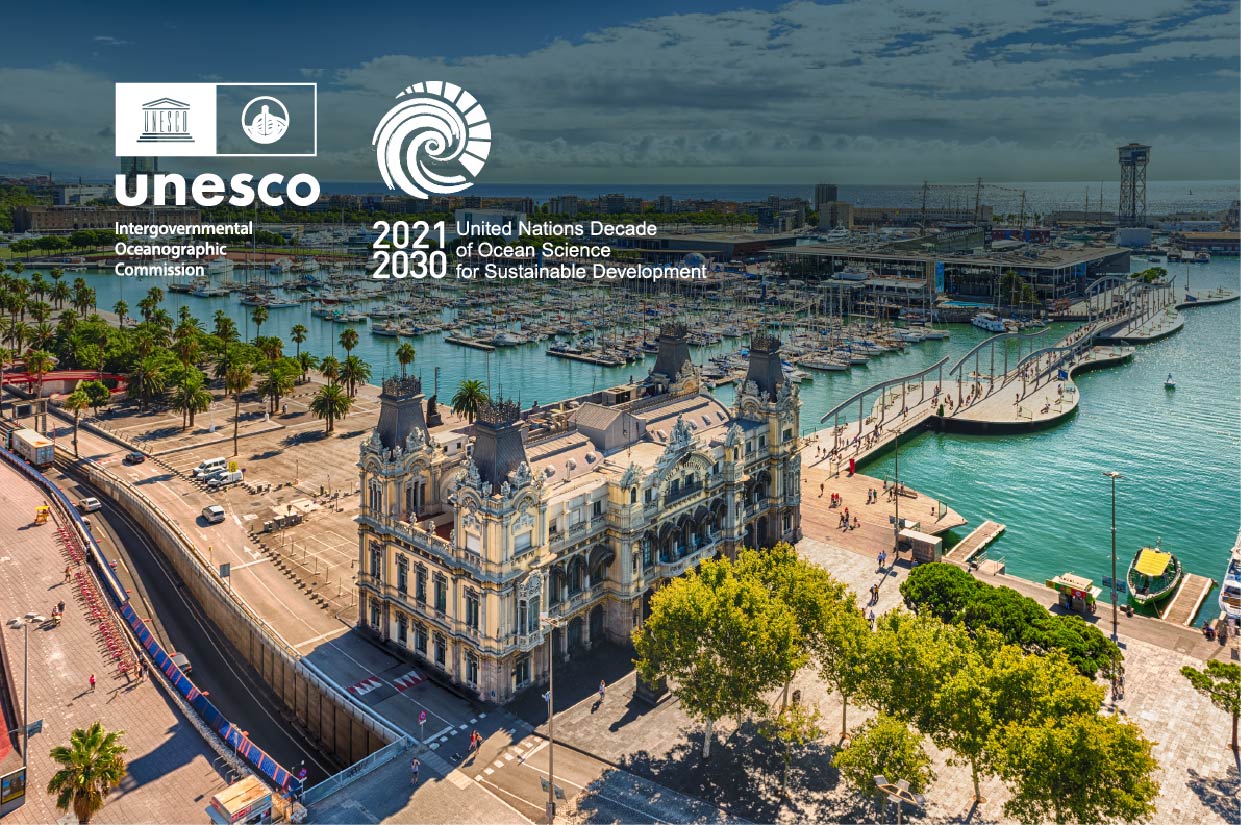
EDITO at the UN Ocean Decade Conference
The 2024 Ocean Decade Conference, hosted in Barcelona, Spain from 10 to 12 April and co-organised by IOC UNESCO, gathered over 1,500 participants from 124 countries and over 3,000 online viewers. This event was the culmination of a thriving collaborative Ocean Week with 120 Satellite Events (8-12 April).
The main outcome of this event was the Barcelona Statement, which identifies priority areas for action for the Ocean Decade in the coming years.
Throughout the UN Ocean Decade Conference, EDITO representatives actively contributed to various Satellite Events and official Conference panels and sessions, showcasing the pivotal role of the public infrastructure of the European Digital Twin of the Ocean in the broader marine data ecosystem, both as an enabler of the EU Mission Ocean & Waters, and as contributor to the Decade of Ocean Science for Sustainable Development.

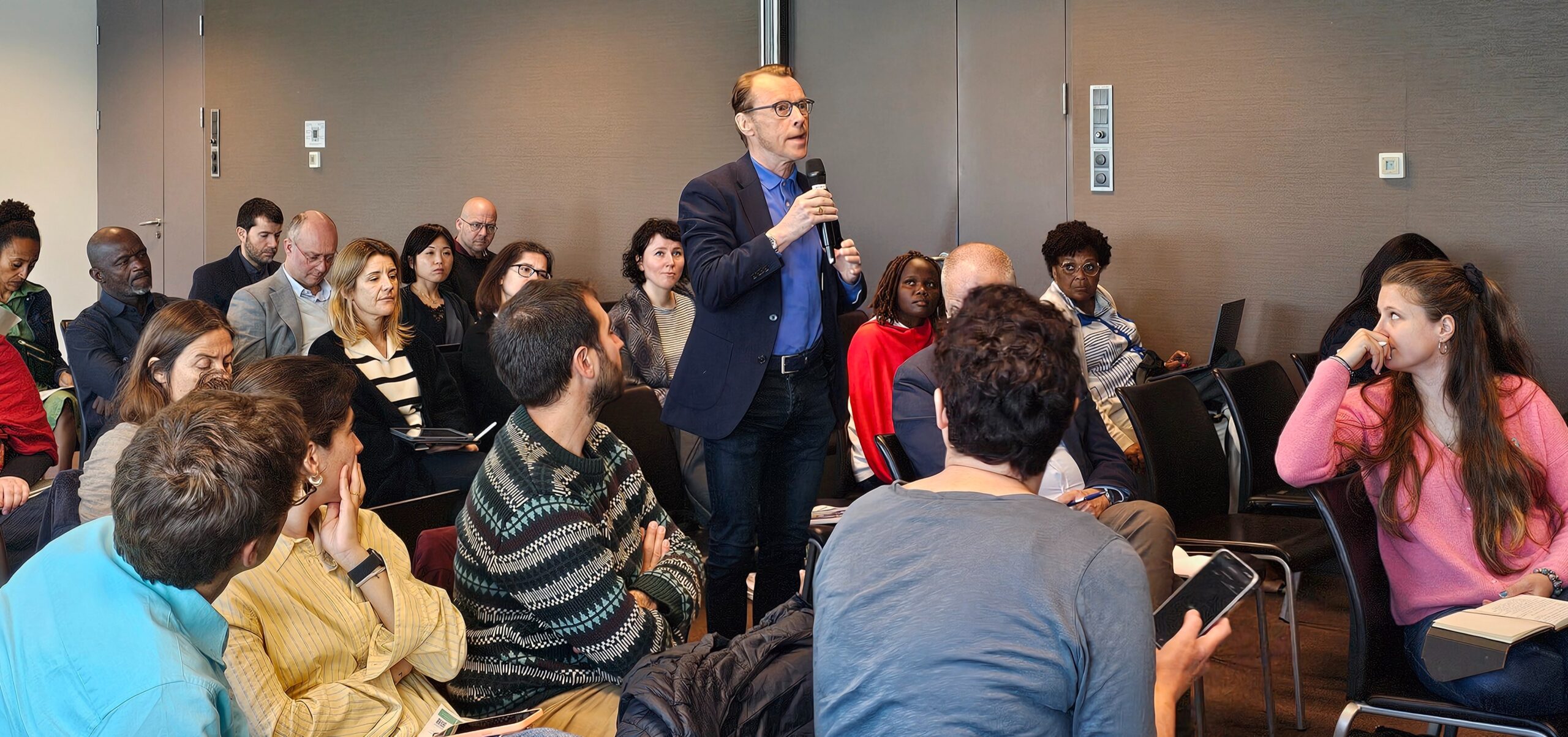
Supporting innovation for enhanced Ocean prediction
On 8 April, the Ocean Prediction Decade Collaborative Centre gathered stakeholders involved in global ocean forecasting and applications to deliberate on the future of ocean prediction in an official satellite event titled “Connecting the World around Ocean Prediction“. EDITO representatives presented the EU DTO initiative and shared the current status of the EDITO-Infra platform, highlighting its potential as a collaborative tool that will foster innovation in the realm of ocean prediction and digital ocean solutions.
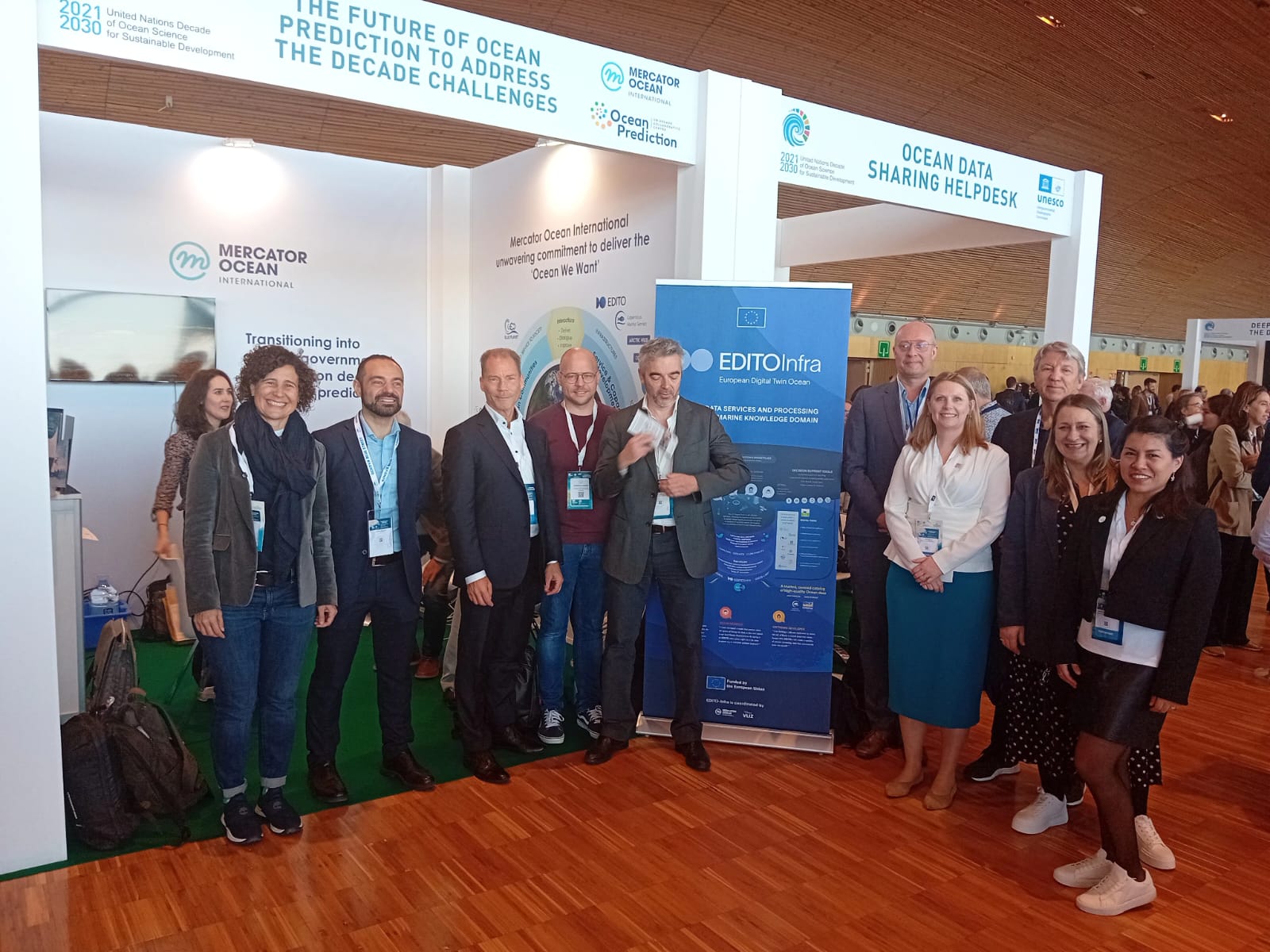
EDITO was a key component of the Ocean Decade Prediction booth throughout the week, demonstrating the collaborative spirit underpinning its developments and its strong commitment to the successful delivery of the goals of the UN Ocean Decade.

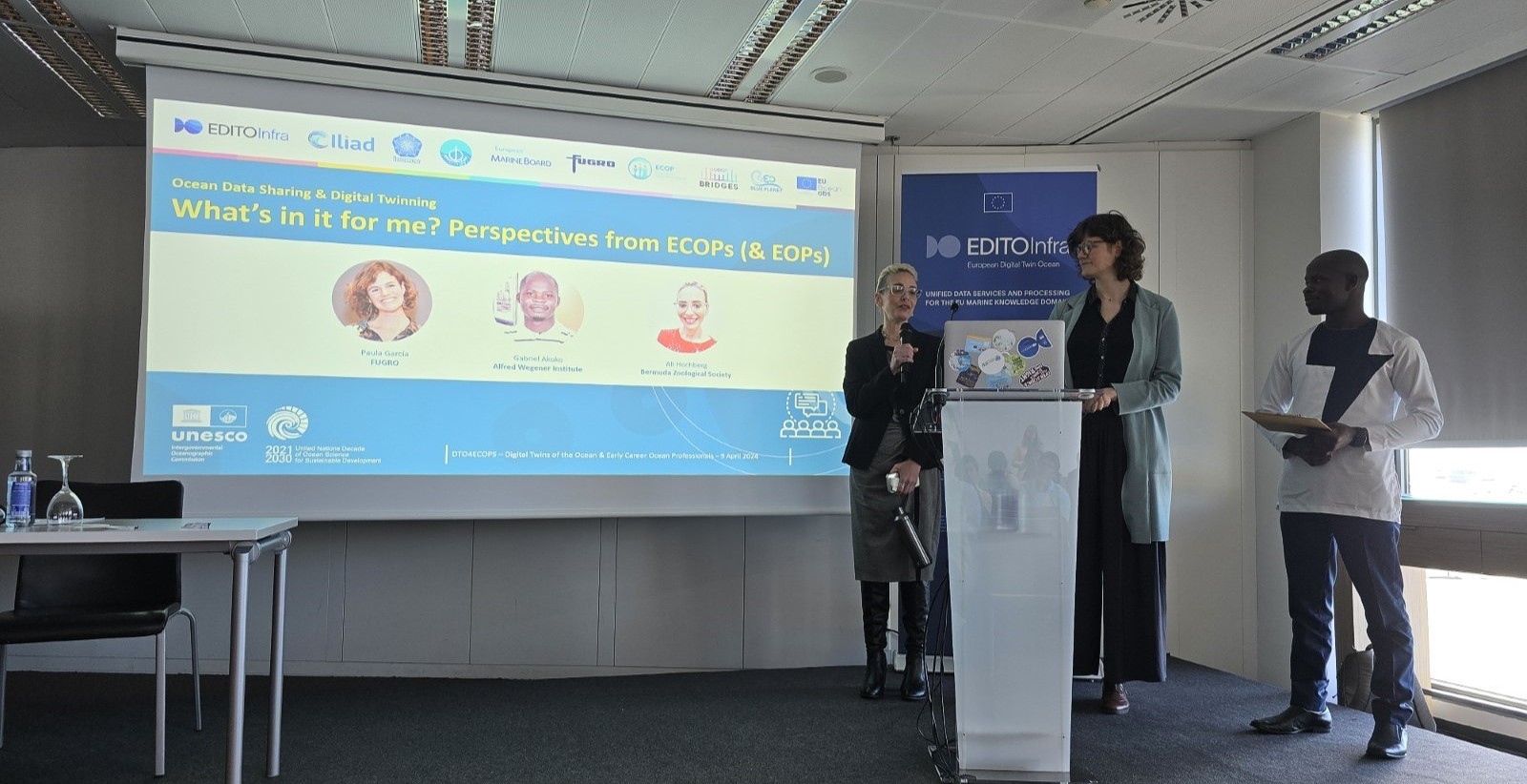
Engaging Early Career Ocean Professionals (ECOPs) in digital twinning developments
On 9 April, EDITO, together with Horizon Europe ILIAD, INVEMAR, EMB, and IOCARIBE hosted the Satellite Event “Shaping Early Careers’ Perspectives of Digital Twins of the Ocean” (DTO4ECOPS). The event aimed to bring the voice of Early Career Ocean Professionals (ECOPs) into the shaping of digital twins in the marine domain, ensuring they respond to their needs and expectations. The speakers delved into the underpinning concepts behind European initiatives, and discussed ongoing efforts linked to developing ocean data networks, capacity building, and data sharing, which are key to evolving and sustaining digital twins.
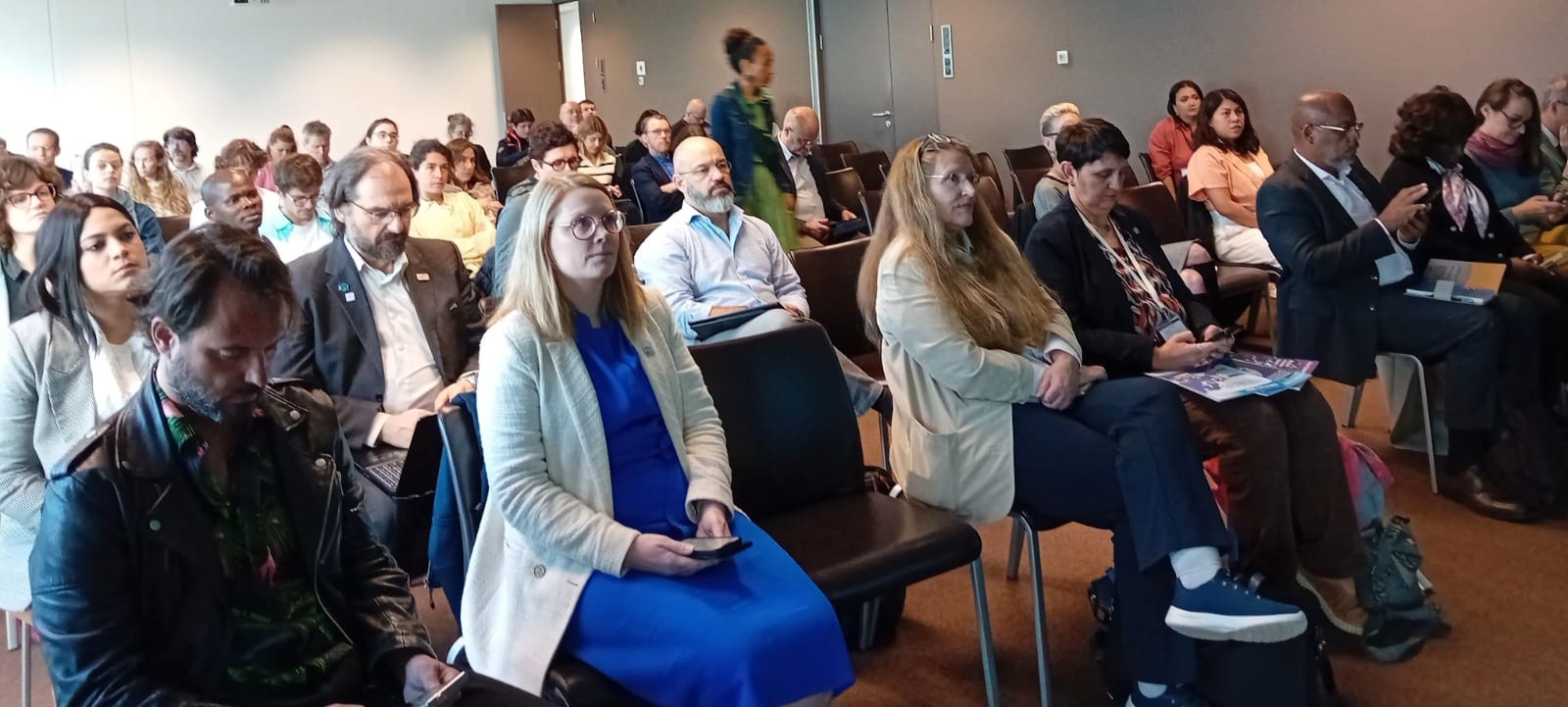
In preparation for this satellite event, the DTO4ECOPS co-organising institutions had previously hosted a warm-up webinar in March, as part of the European Marine Board ECOP Wednesday series. The webinar, titled “DTO4ECOPS Warm-Up: Shaping Early Careers’ Perspectives of Digital Twins of the Ocean”, helped to set the stage for the discussions. A short summary report will soon be available, offering the key messages that emerged from these events, which will inform discussions at the upcoming Digital Ocean Forum 2024.

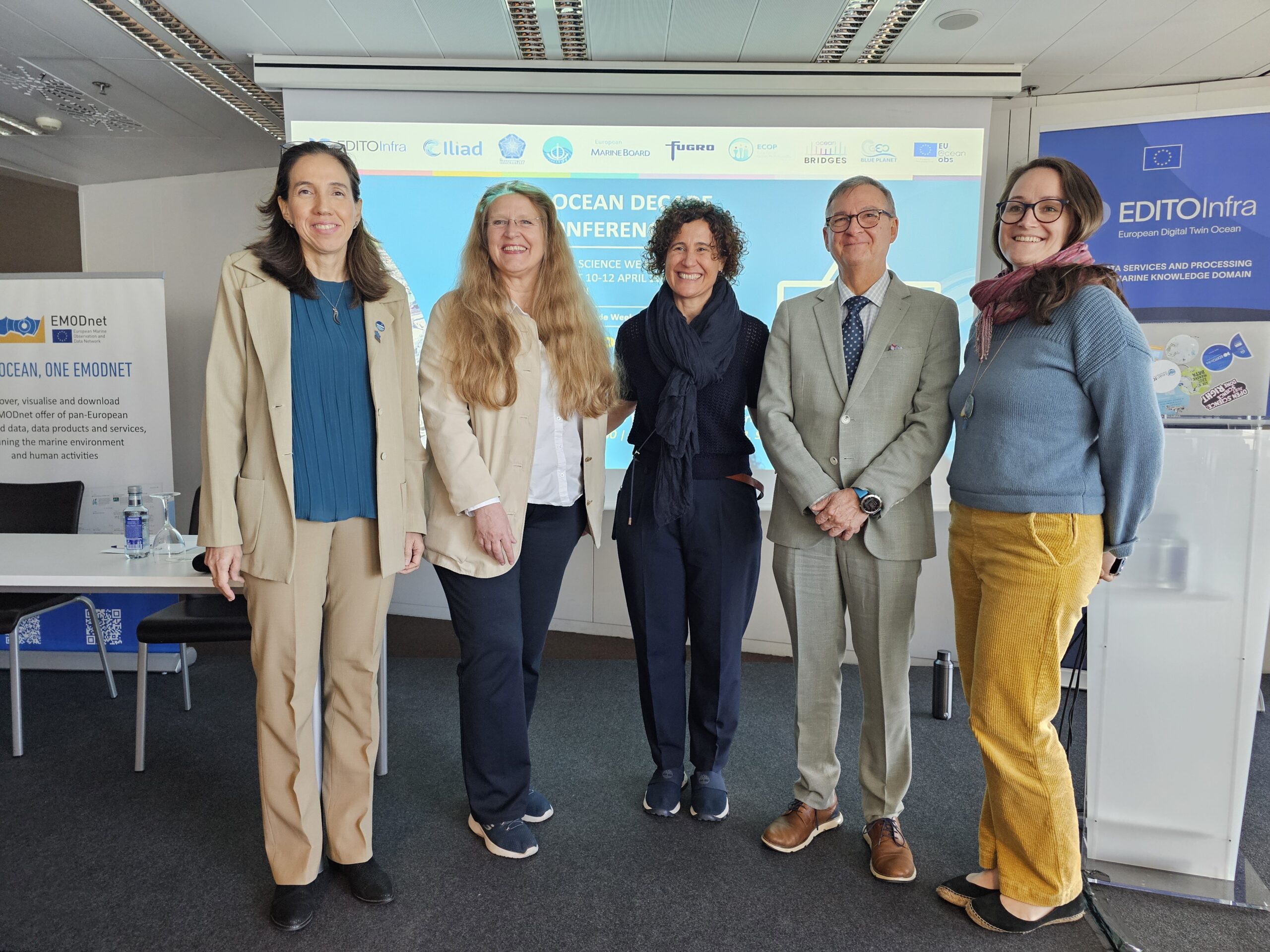
EDITO discusses the data we need for the ocean we care for
EDITO representatives also contributed to “The Data We Need for the Ocean We Care For” Satellite Event, sharing insights into the EDITO platform and its plans to serve the marine science community, as well as international digital twinning developments through the Ocean Decade DITTO programme.

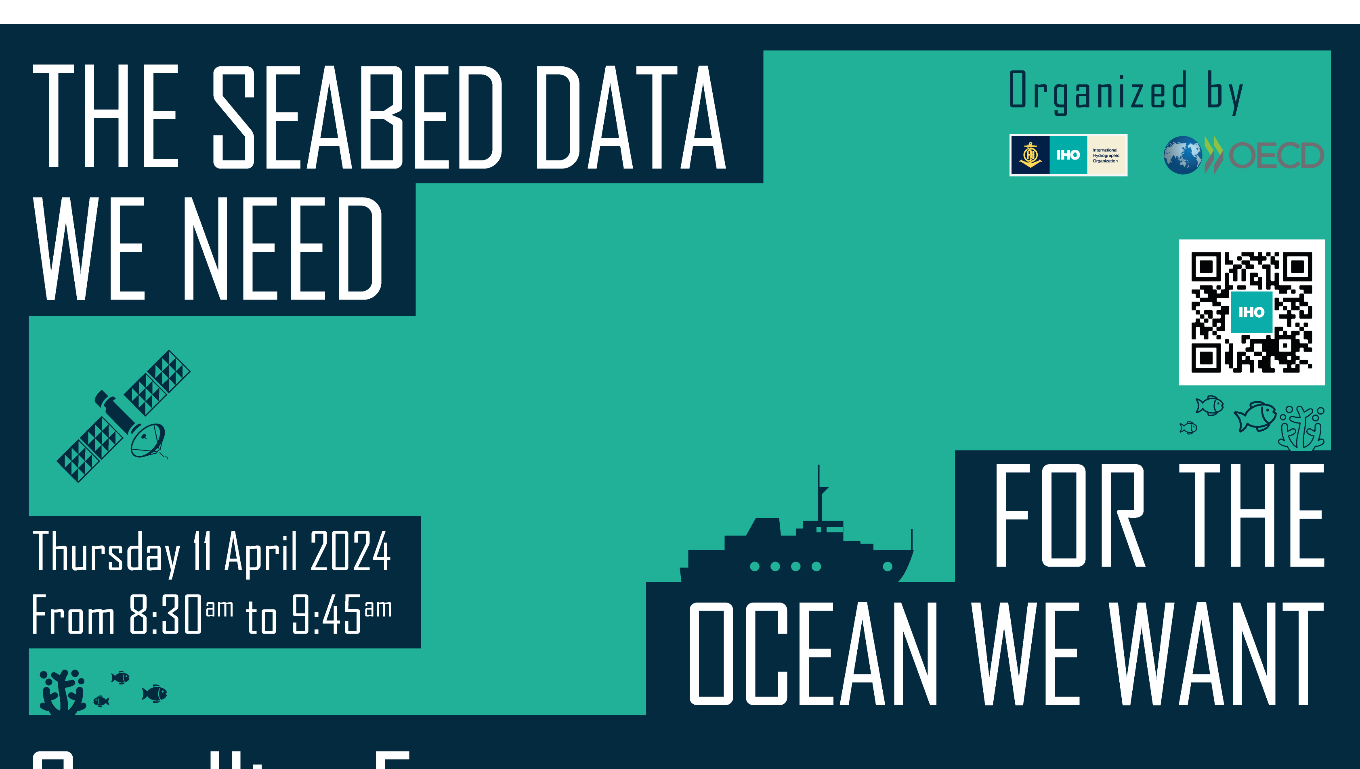
Promoting partnerships, common standards and interoperability
On 11 April, Pierre Bahurel, Director General of Mercator Ocean International participated in the International Hydrographic Organization (IHO) & OECD event. During his contribution, he emphasised the importance of partnerships, common standards and interoperability to advance digital twinning efforts that can contribute solutions at a global scale. The discussion centred on how these elements are crucial for building fit-for-purpose applications for a sustainable ocean future, and better supporting international ocean policies and governance.
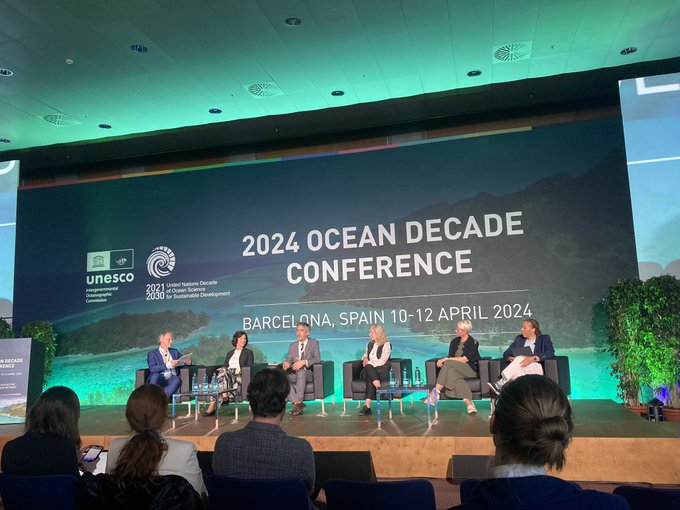
EDITO was also a key component of the Ocean Decade Prediction booth throughout the week, demonstrating the collaborative spirit underpinning its developments and its strong commitment to the successful delivery of the goals of the UN Ocean Decade.

Upcoming Opportunities to Engage with EDITO
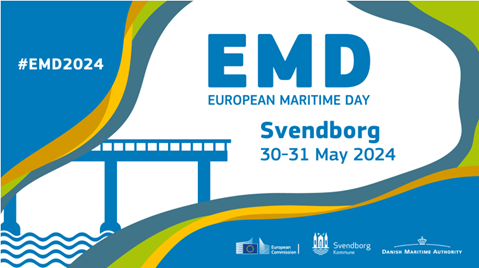
EDITO at the European Maritime Days 2024
Coming up soon in May, don’t miss an opportunity to engage with EDITO experts at the European Maritime Days 2024 (Svendborg, Denmark, 30-31 May). The European Digital Twin Ocean exhibition booth will be hosted by technical experts from both the EDITO-Infra and EDITO-Model Lab projects. This is your chance to interact directly with the minds behind EDITO, get a hands-on look at our tools and models, and discuss how these technologies can benefit your operations or research. Whether you’re a scientist, policymaker, or industry professional, our experts will be on hand to answer your questions and demonstrate the practical applications of EDITO in advancing marine and maritime initiatives.
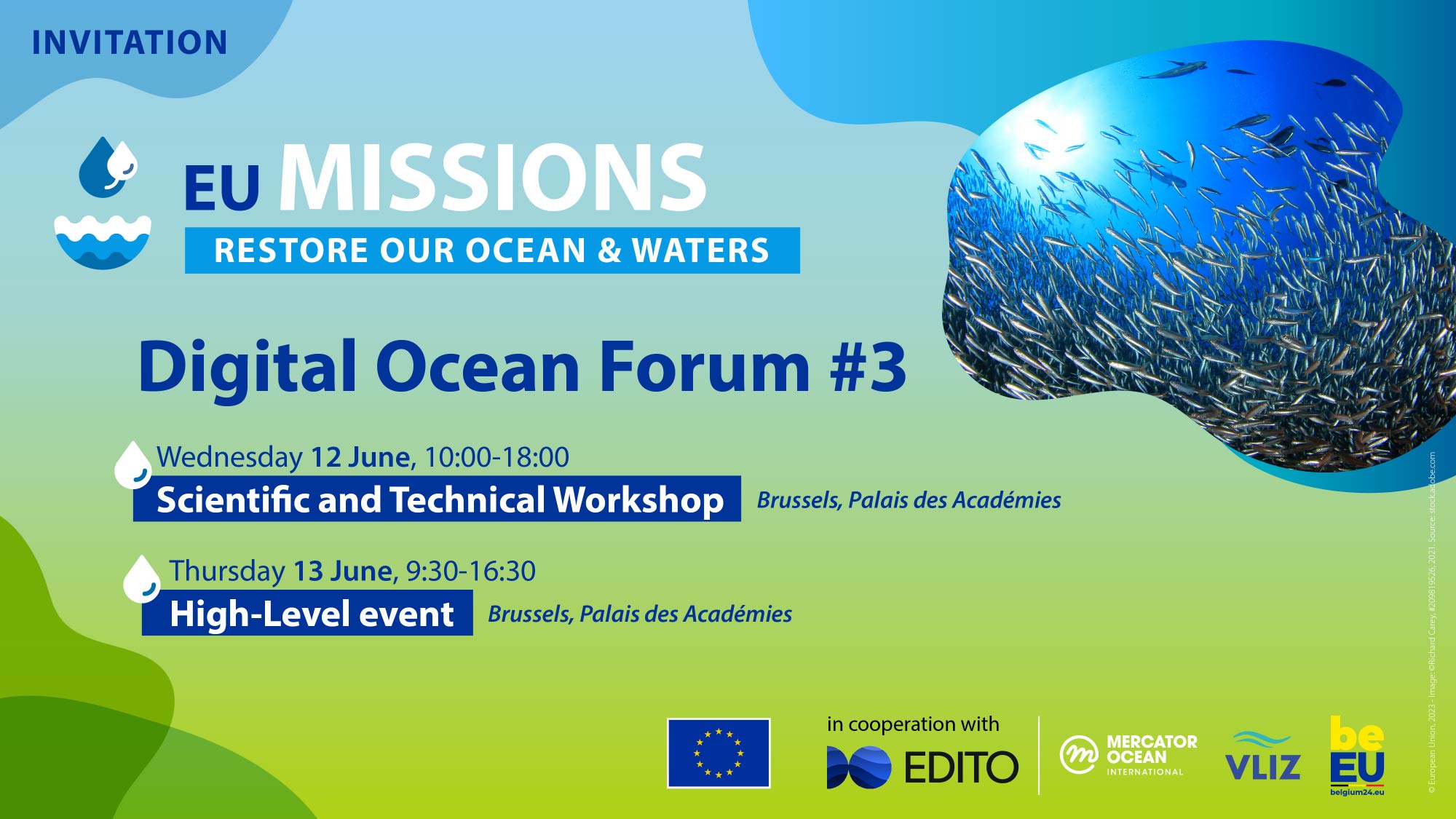
Gearing Up for the Digital Ocean Forum 2024
The third annual edition of the Digital Ocean Forum (DOF2024) will take place in Brussels, on 12-13 June. The event will mark the unveiling of the first prototype of the public infrastructure of the European Digital Twin of the Ocean, demonstrating its existing, potential and future capabilities as a European public service.
The DOF is designed to bring together experts from a broad range of backgrounds and disciplines, stakeholders, policymakers, and interested citizens in the co-design of the European Digital Twin of the Ocean. As in previous editions, the High-Level, public event (13 June) will be preceded by a Scientific & Technical Workshop (12 June), providing an opportunity for key national, regional and European digital twinning projects and initiatives to come together to share requirements, offer feedback, and establish priorities for future EDITO developments, with a user-centric approach.
The workshop offers a prime opportunity for project teams to enhance their technical understanding of EDITO (following a warm-up, preparatory webinar that will be held on 23 May), and how they can leverage its capabilities in support of ongoing initiatives, as well as to discuss integration challenges and solutions with EDITO experts.
More than 100 representatives from projects and initiatives across Europe are registered to participate in the workshop.

The High-Level event will feature distinguished policy, science, industry, and society representatives from Europe and beyond. The event aims to bridge the gap between technology and policy, focusing on how EDITO can support policy decisions and foster a sustainable blue economy, responding to societal needs and expectations. Expect engaging discussions, strategic insights, and networking opportunities with leaders at the forefront of marine policy and digital innovation. The public event will be live-streamed.
Stay tuned for further information on how you can join online!

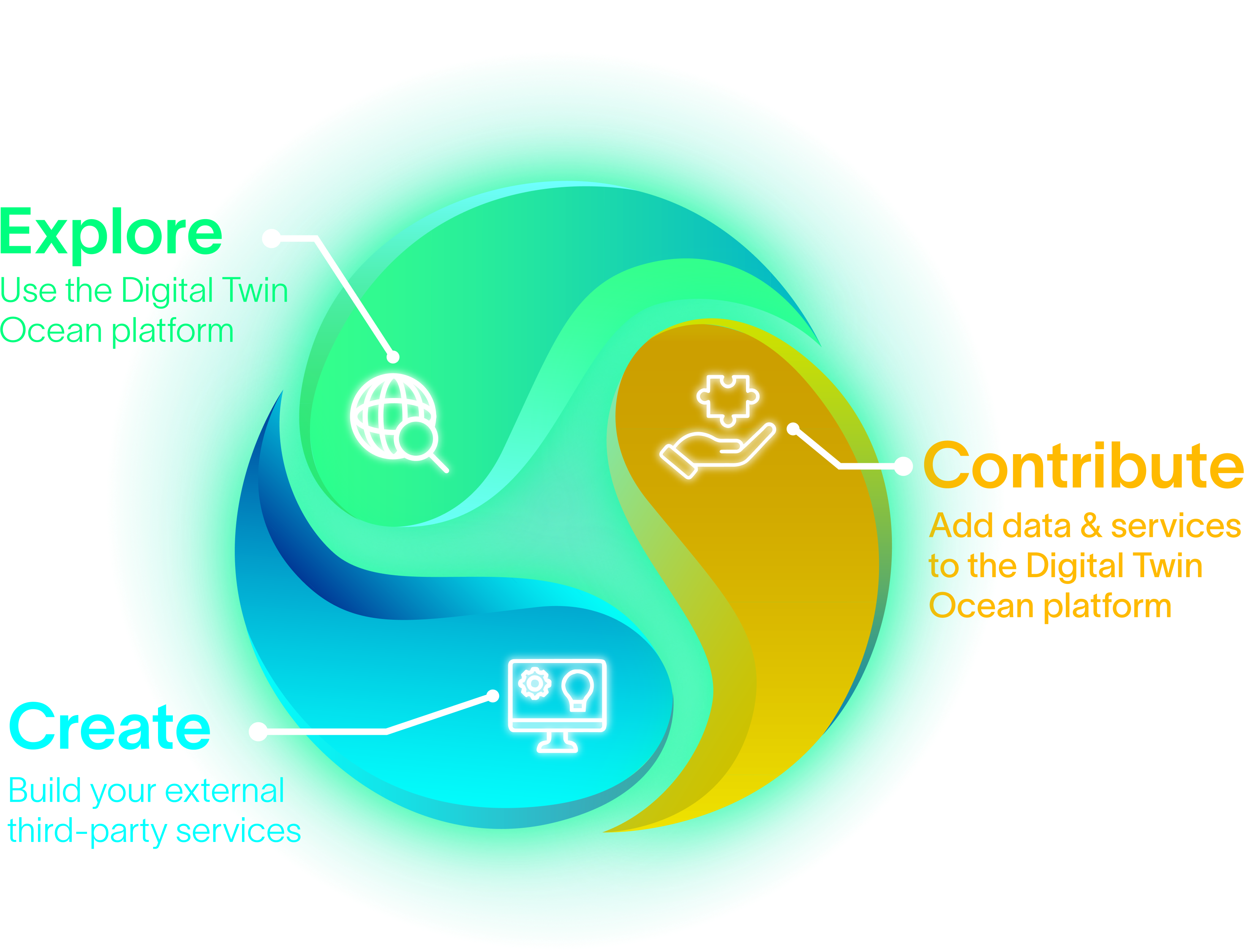
EDITO's latest developments for optimised experience and broader capabilities
The EDITO platform continues to evolve leveraging the user feedback and contributions of its thriving beta-testing community. In the past months, its service catalog and tutorials have been further refined to address the needs of the marine community, and its Jupyterlab service has been updated with tools specifically tailored to support ocean science. Additionally, the ability to create “datalab” group projects has been introduced, fostering closer collaboration amongst team members. For data management, EDITO has also further enhanced its functionalities, giving users the possibility of managing their personal buckets and connecting to external S3 storage solutions directly. Exploring user data has also been made easier.
EDITO is now actively working on supporting even more cloud-native formats, such as Zarr-based formats.These updates are designed to make the user experience as efficient and productive as possible.
Stay tuned for more updates, coming up soon!

